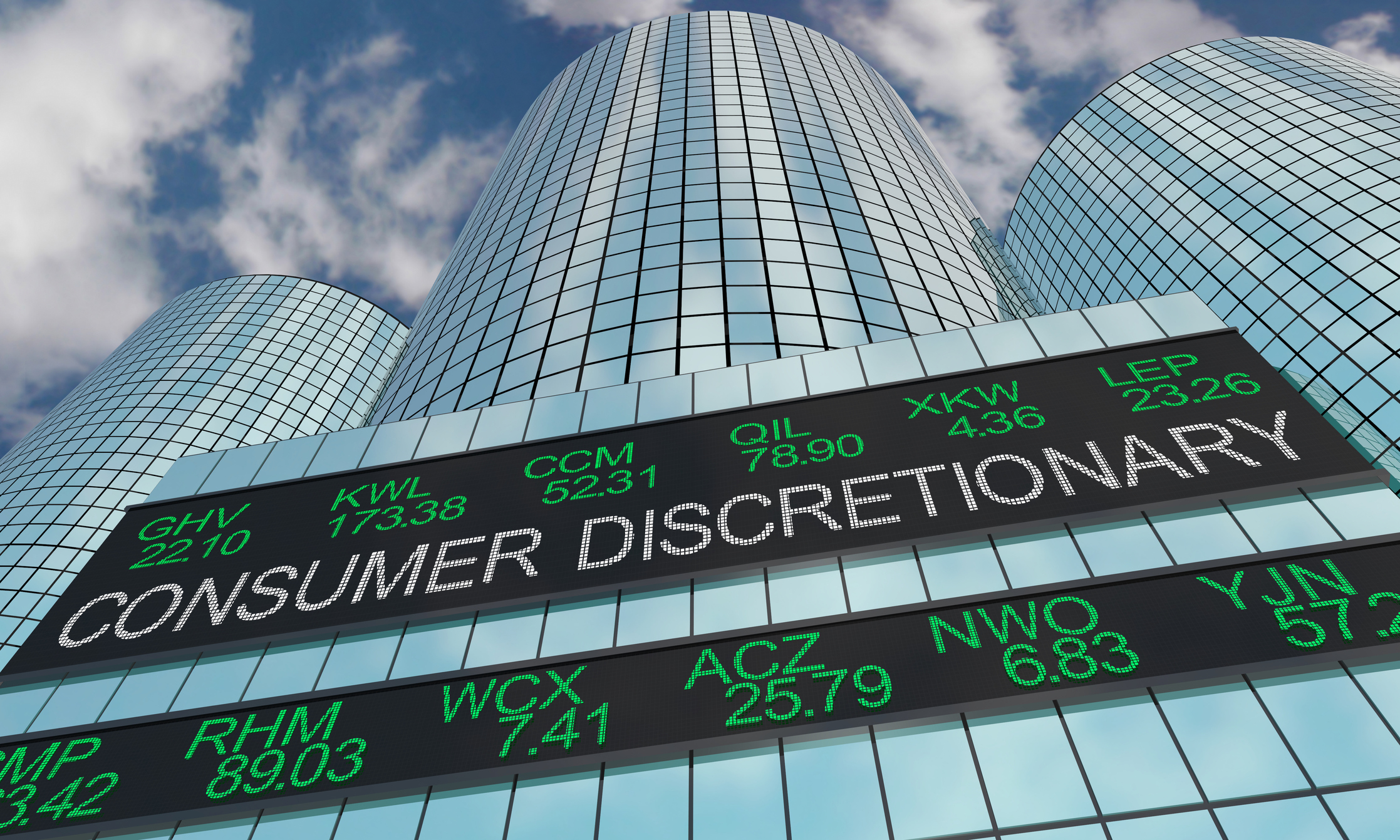When it comes to shopping, there are things you need and things that are just nice to have. The consumer discretionary sector is in that second category. It includes goods and services that people spend money on when they have a little extra cash available, such as travel, dining at restaurants, or fashion and jewelry.
Consumer discretionary stocks refer to the stocks of companies that make money from consumer discretionary goods. They could be manufacturers, wholesalers, or retailers.

Unlike consumer staples companies, which make necessities, consumer discretionary stocks tend to do well when the economy is strong and poorly when times are tough. Keep reading to learn about the consumer discretionary sector and some top stocks to consider.
The COVID-19 pandemic affected the consumer discretionary sector differently than it did the consumer staples sector, which sells necessities.
Understanding consumer discretionary stocks
Consumer discretionary businesses cover several industries, but they all rely on consumers spending money that they don't need to spend. Consumer discretionary companies include:
- Makers of furniture, appliances, housewares, and other home furnishings
- Consumer electronics manufacturers
- Apparel and luxury goods companies
- Retailers of various kinds, including department stores, home improvement retailers, electronics retailers, home furnishers, and clothing stores
- Direct-to-consumer retailers that sell goods by catalog, mail, or via e-commerce
- Hotel, resort, and casino operators
- Restaurants
- Cruise operators
Consumer discretionary stock prices tend to rise and fall with the overall economy, making them cyclical stocks. For example, high interest rates put pressure on consumer spending and cool off the economy, presenting a challenge for consumer discretionary companies (although interest rate cuts can encourage growth).
Focusing on well-known brands and industry leaders in this sector is generally a formula for success since many top stocks have been winners for investors for a long time. These companies should also be better able to weather a recession and endure a bear market, since they have deeper pockets and brand equity to fall back on.
Best consumer discretionary stocks in 2025
Several consumer discretionary companies stand out as being among the best in their industries:
| Name and ticker | Market cap | Industry |
|---|---|---|
| Nike (NYSE:NKE) | $99.7 billion | Textiles, Apparel and Luxury Goods |
| Starbucks (NASDAQ:SBUX) | $97.1 billion | Hotels, Restaurants and Leisure |
| McDonald's (NYSE:MCD) | $218.6 billion | Hotels, Restaurants and Leisure |
| TJX Companies (NYSE:TJX) | $160.3 billion | Specialty Retail |
| Walt Disney (NYSE:DIS) | $200.7 billion | Entertainment |
1. Nike

NYSE: NKE
Key Data Points
2. Starbucks

NASDAQ: SBUX
Key Data Points

NYSE: MCD
Key Data Points
4. TJX Companies

NYSE: TJX
Key Data Points

NYSE: DIS
Key Data Points
Pros and cons of investing in consumer discretionary stocks
Like any other sector, investing in consumer discretionary stocks has its pros and cons.
Pros:
- Made up of brands that are familiar to most investors.
- Can be big winners over time.
- Easy to assess their performance.
- Tend to do well in bull markets.
- Competitive advantage can be identified by brand strength.
Cons:
- Among the first businesses to get hit in a recession.
- At risk of black-swan events like the COVID-19 pandemic.
- Competition tends to be high.
- Inflation is a risk.
Factors to consider when choosing consumer discretionary stocks
In addition to factors that are worth considering with any stock, like growth rate and valuation, there are some things particular to consumer discretionary stocks.
- Brand strength: Brand isn't easy to measure, and it can change over time, but strong brands tend to correlate with strong stocks in the consumer discretionary category.
- Line of business: There is a range of subsectors in the consumer discretionary sector, and it's important to understand the nuances of industries like travel, restaurants, entertainment, and home goods. Some of these, for example, may be affected by tariffs.
- Exposure to the economic cycle: Most consumer discretionary stocks are sensitive to the economic cycle, but some are more so than others. You'll want to consider the degree of exposure a stock as a casino will be considerably more cyclical than a fast-food stock like McDonald's.
Related investing topics
How to invest in consumer discretionary stocks
Investing in consumer discretionary stocks is just like buying any other stock. Here's what you have to do:
- Open your brokerage app: Log in to your brokerage account where you handle your investments.
- Search for the stock: Enter the ticker or company name into the search bar to bring up the stock's trading page.
- Decide how many shares to buy: Consider your investment goals and how much of your portfolio you want to allocate to this stock.
- Select order type: Choose between a market order to buy at the current price or a limit order to specify the maximum price you're willing to pay.
- Submit your order: Confirm the details and submit your buy order.
- Review your purchase: Check your portfolio to ensure your order was filled as expected and adjust your investment strategy accordingly.








